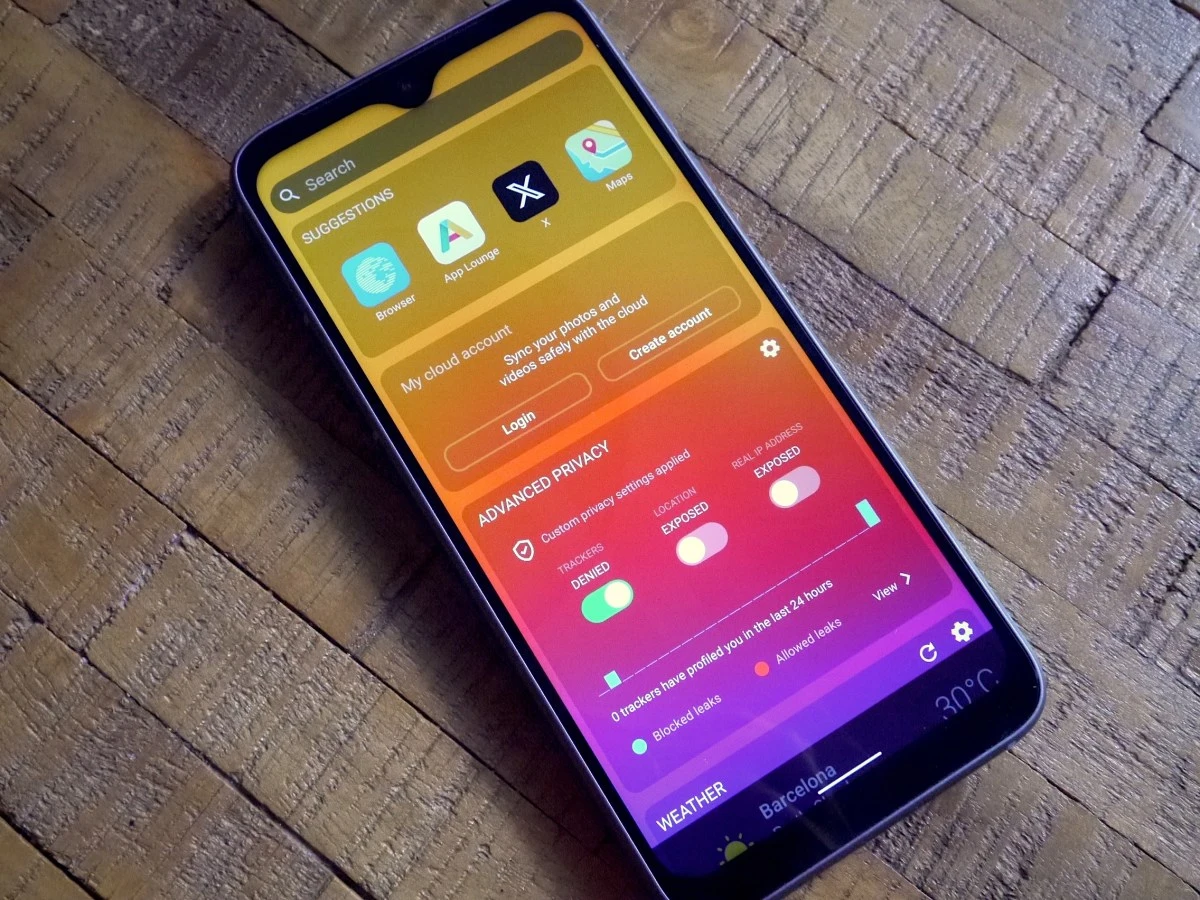This is the best summary I could come up with:
First up, instead of the usual Google gubbins, replete with the adtech giant’s commercial trackers, /e/OS users will find a set of native open source apps and services Murena has developed to replace all that.
Murena also bakes a set of “advanced” private browsing features into the OS, including a tracker blocker; a location faking option; and the ability to hide your IP address.
On the flip side, when all the switches are set to off each one displays a one-word warning — either “Vulnerable” or “Exposed” — giving users a visible nudge to think about how their online activity might be compromising their privacy.
And this tension between locking everything down (to achieve perfect privacy) and opening select hatches (to boost utility) remains the core confounder for such an ambitious against-the-mainstream-grain tech endeavour.
The wider question is how much highly motivated demand there is to put in the small amount of extra effort required (and possibly also shell out some additional cost) to tread an alternative, less feature-rich path — if, at the end of the day, all you get for your effect is a product that won’t look or feel especially thrilling.
So its conviction of where the mobile puck is headed must be that there’s a growing pool of mainstream Android users with an appetite for iOS-style ‘low friction’ privacy delivered outside Apple’s walled ecosystem.
The original article contains 2,593 words, the summary contains 228 words. Saved 91%. I'm a bot and I'm open source!



![[TECHCRUNCH] A closer look at e/OS: Murena’s privacy-first ‘deGoogled’ Android alternative](https://lemmings.world/pictrs/image/58c55622-26cd-40c6-a8f0-6a58adda8276.jpeg?format=webp&thumbnail=196)